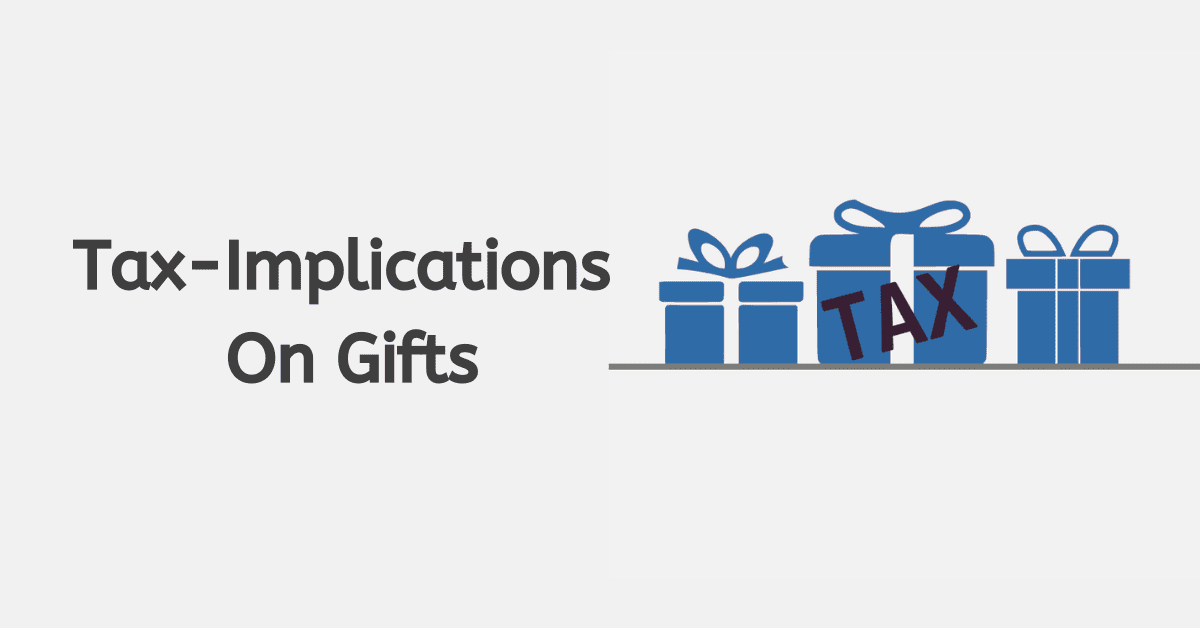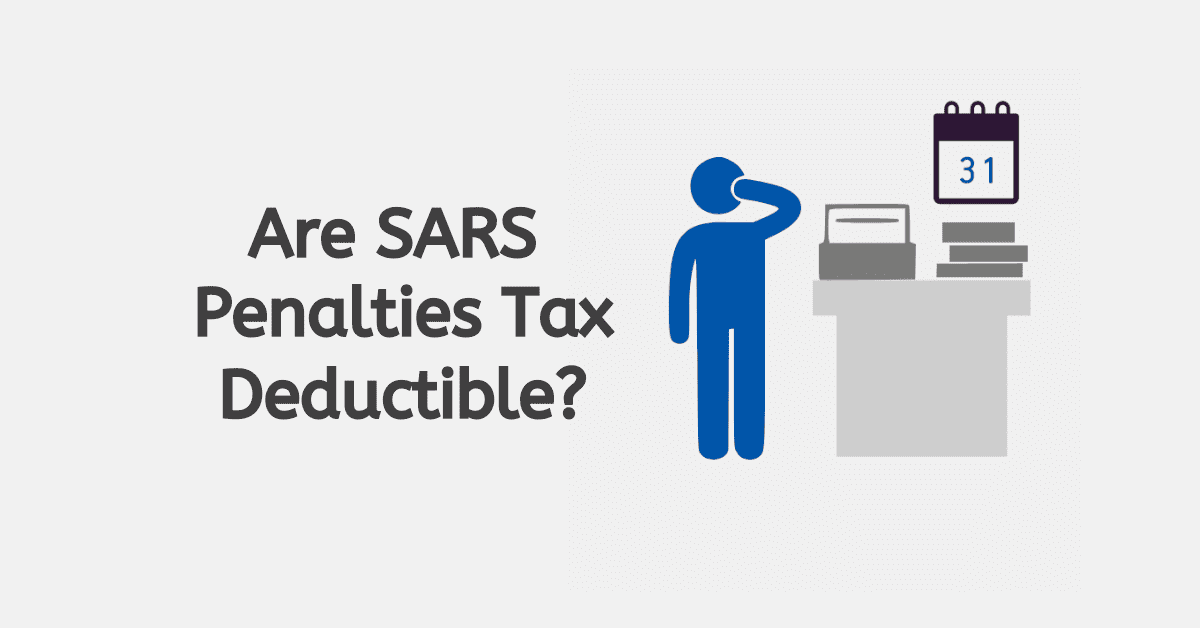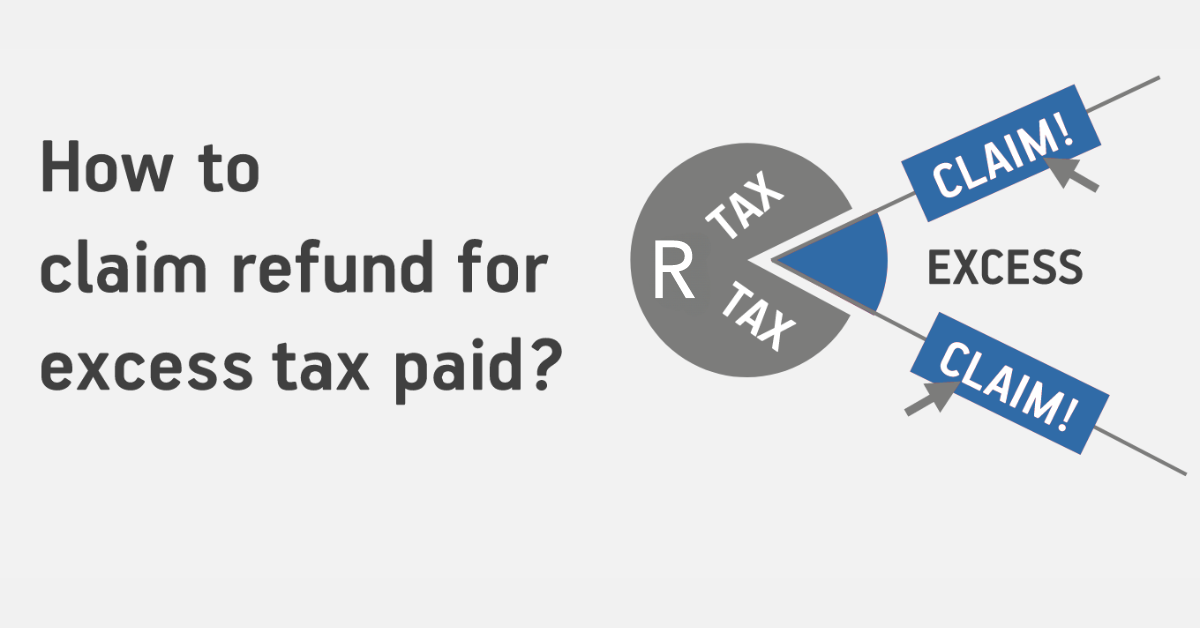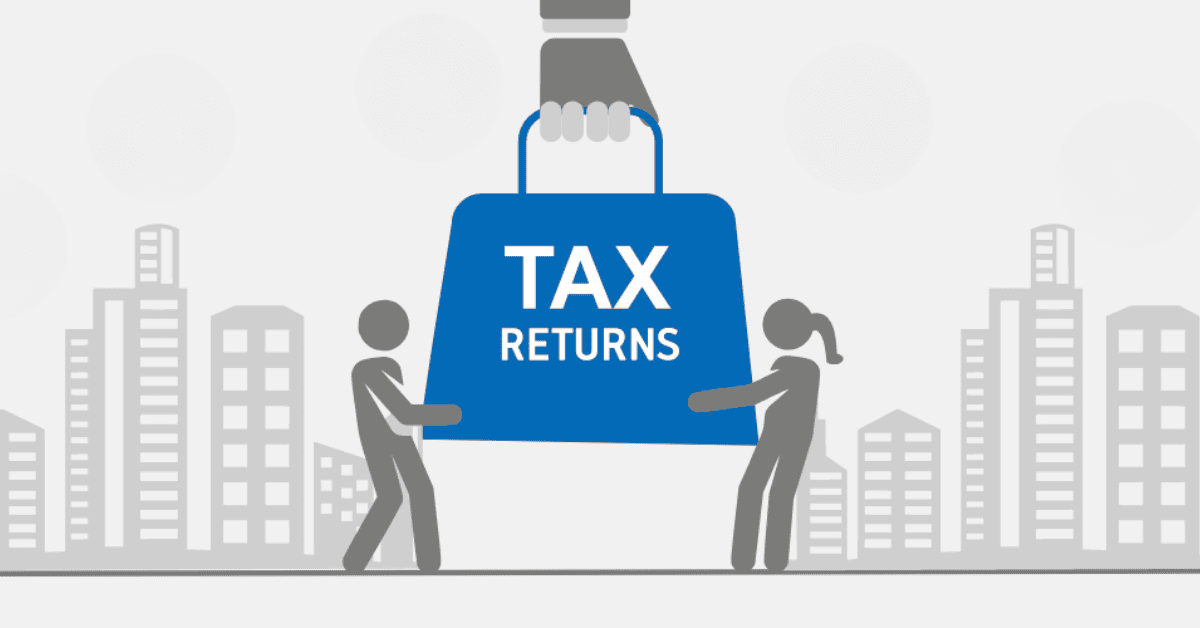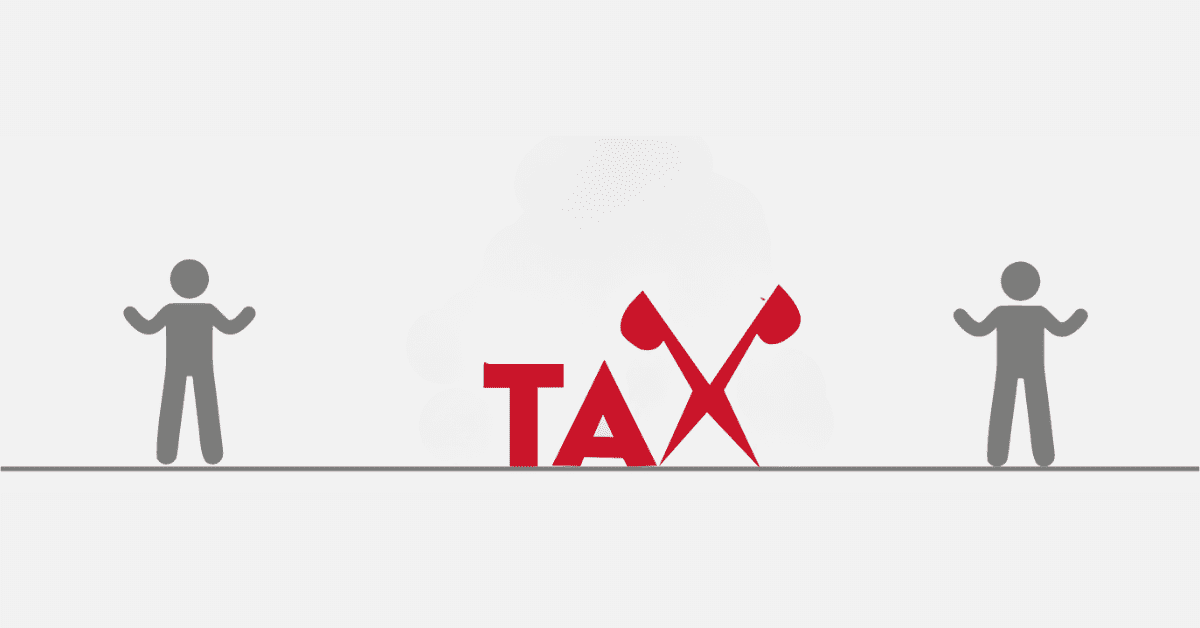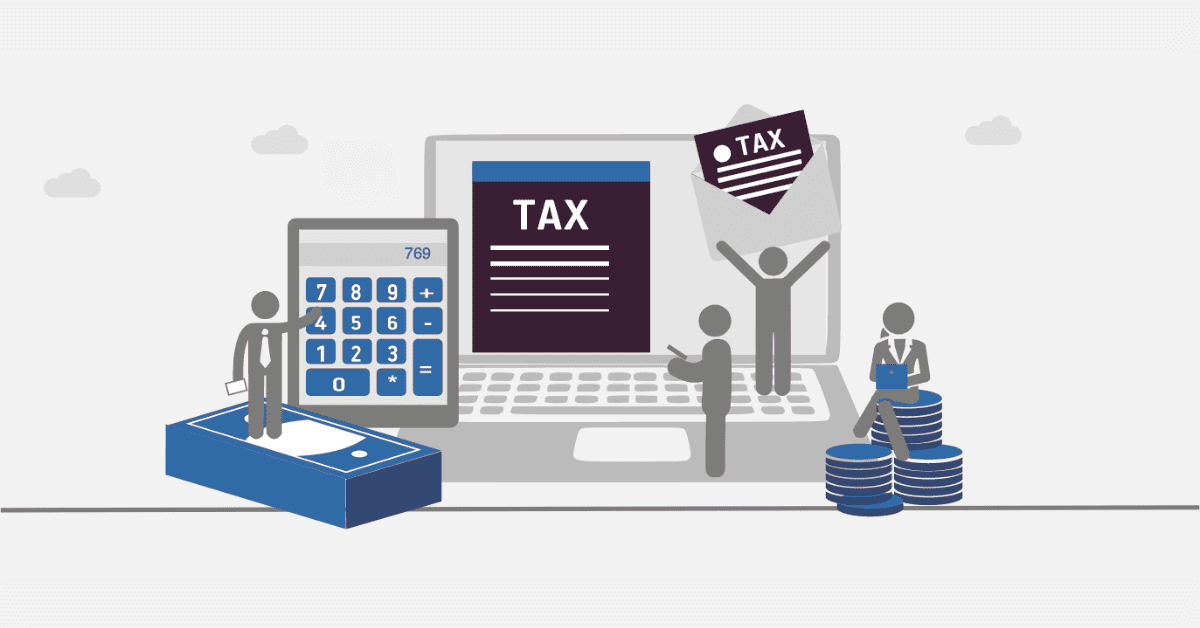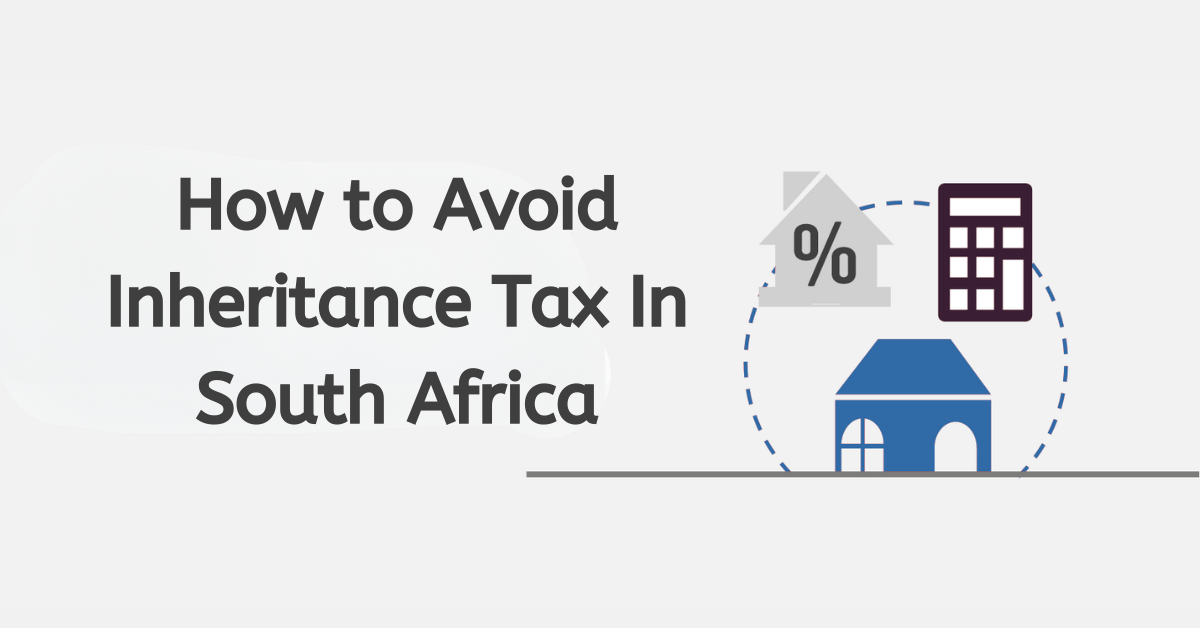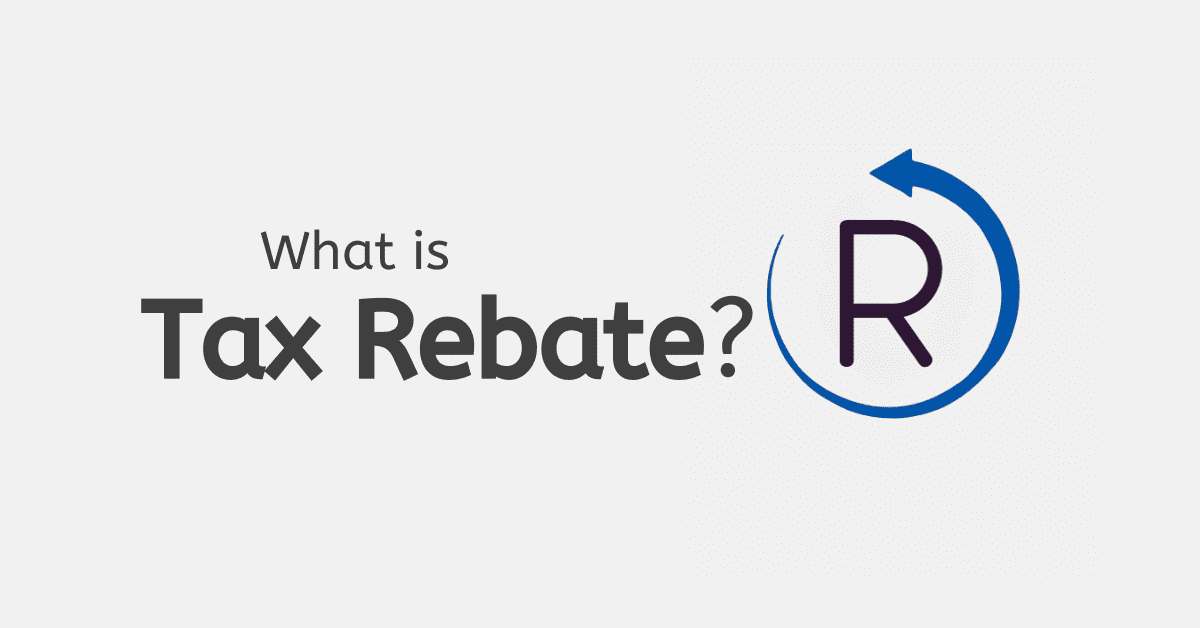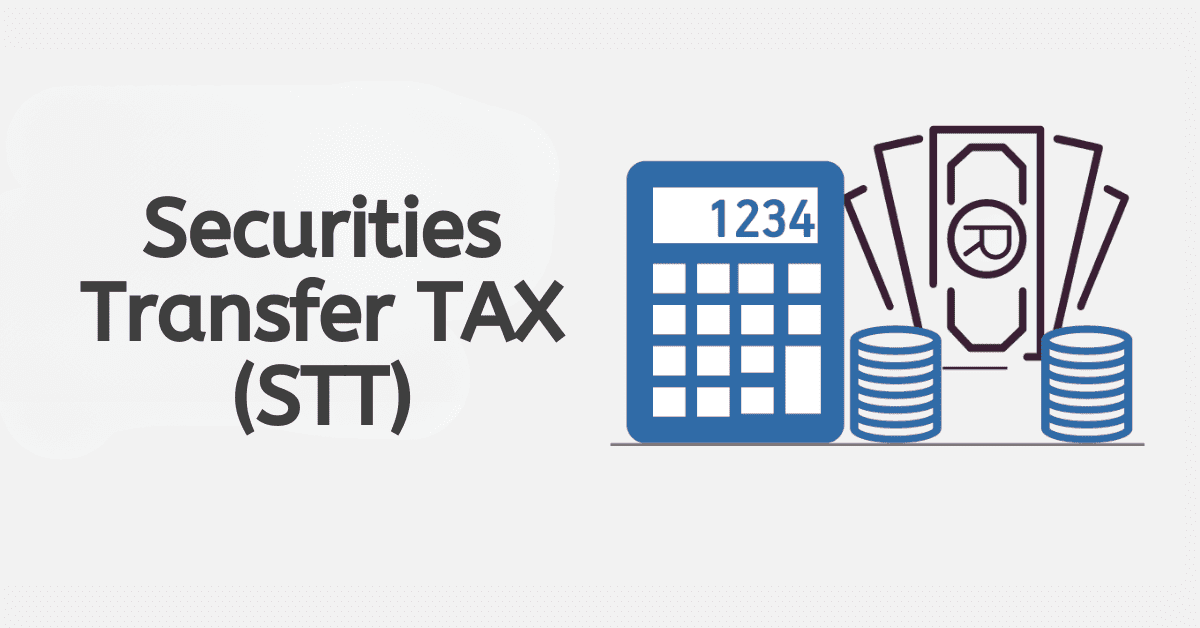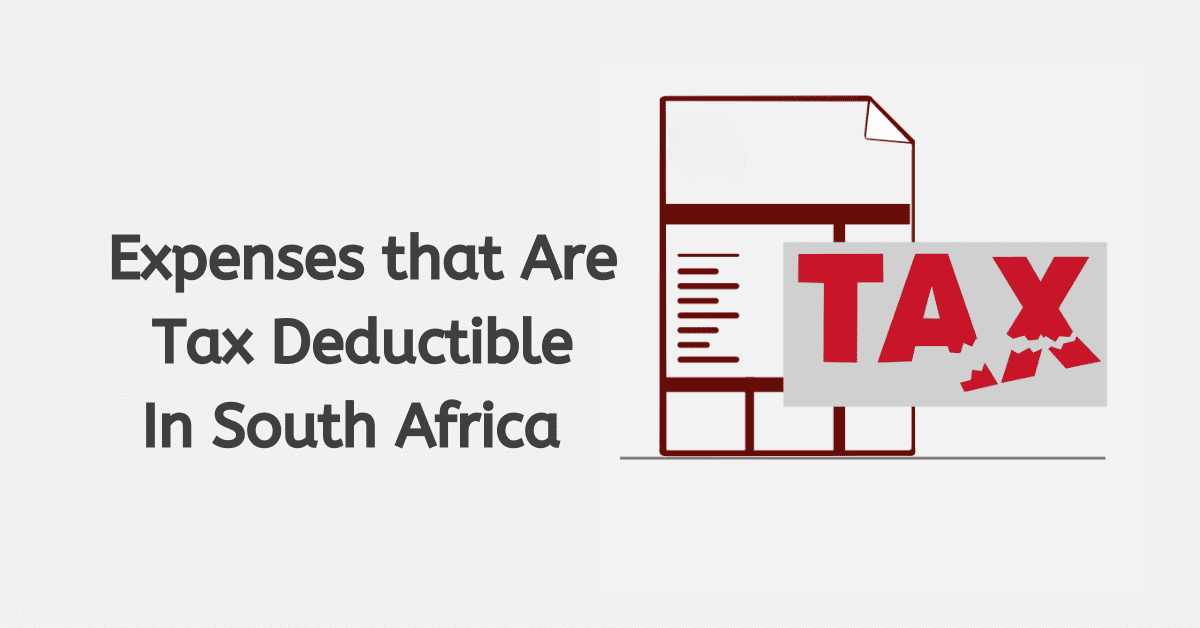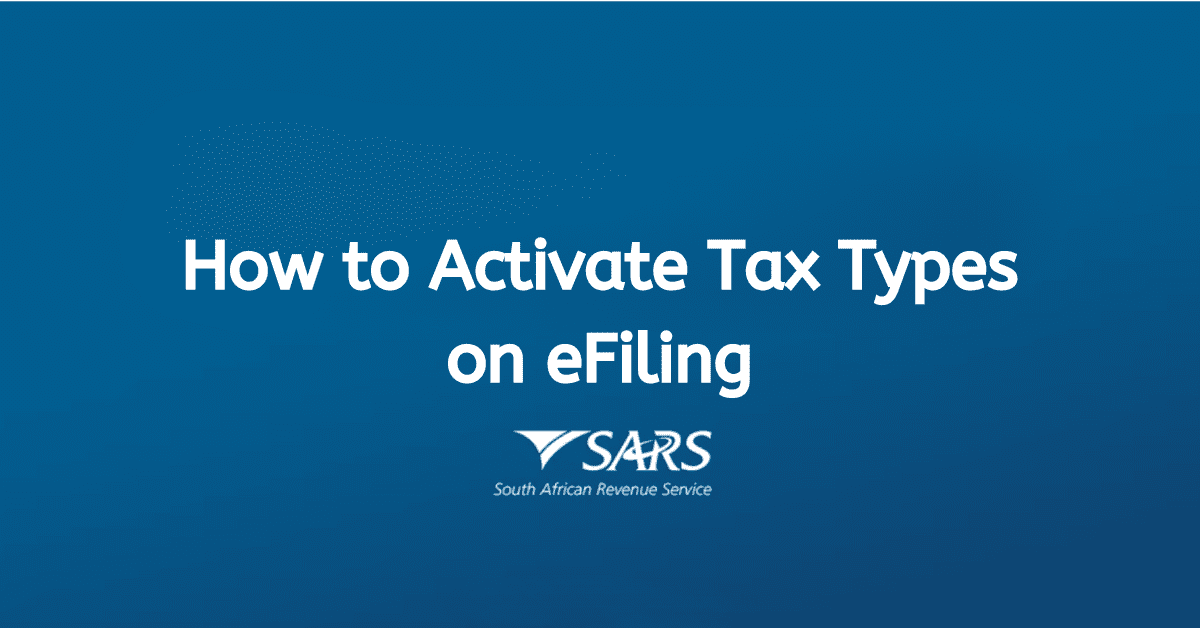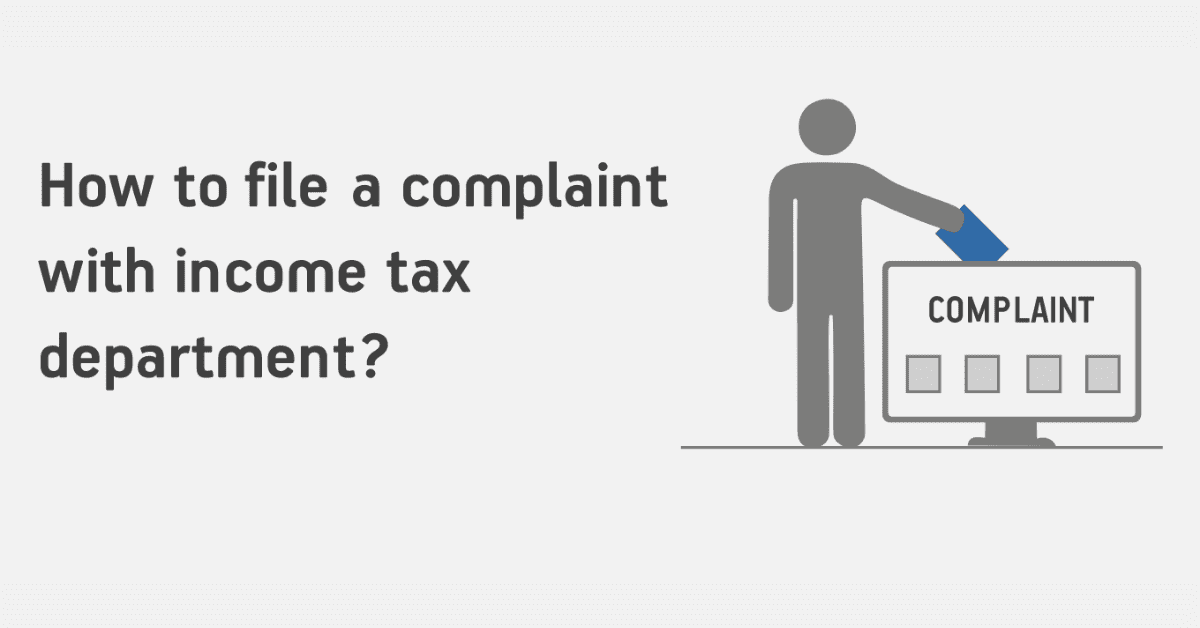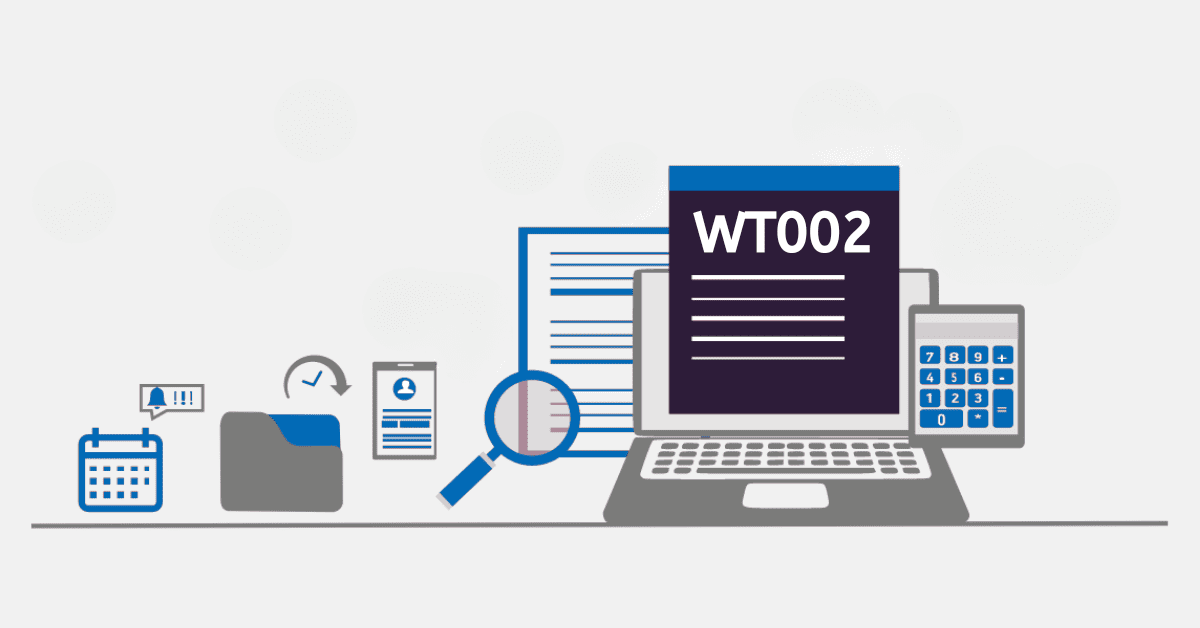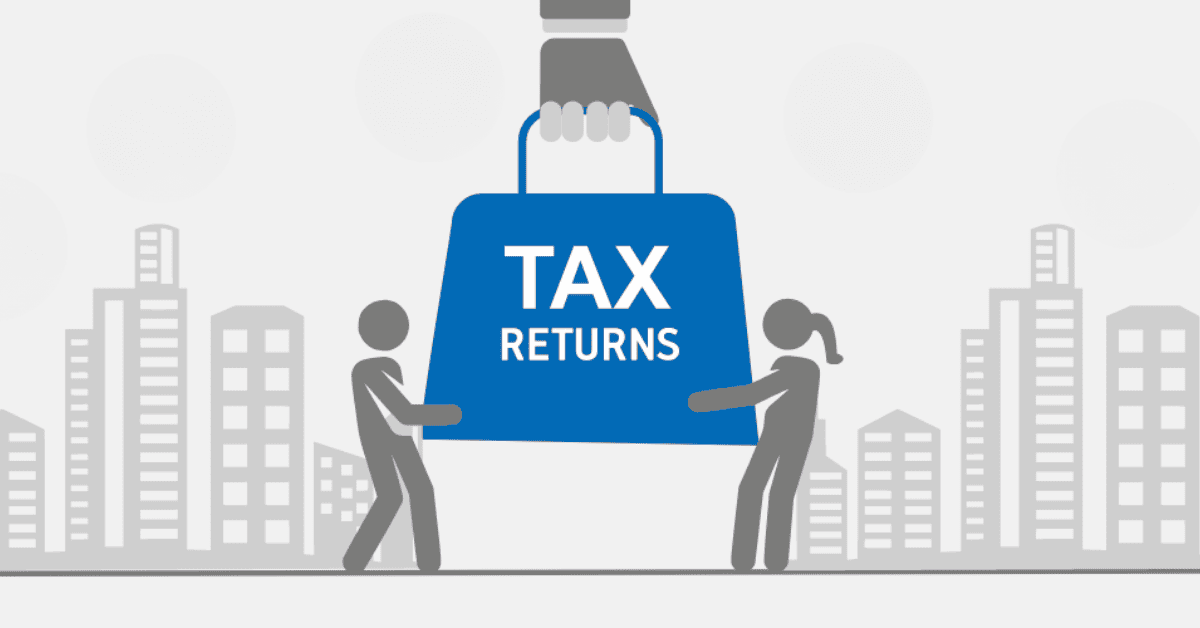A settlement agreement can mean quite a lot. There are such things as between marriages, job offers, service contracts, and many more. Well, this time, the settlement agreement is more streamlined to the employer and employee relationship.
In South Africa, when it comes to employer-employee relations, a significant aspect involves a settlement agreement that specifically deals with taxation issues. This agreement is an important tool that helps prevent potential disputes by promoting mutual understanding between employers and employees. In this framework, both parties must understand their specific roles and contributions to the taxation process.
The settlement agreement is crucial as it clearly outlines the duties and obligations of each party involved, promoting openness and collaboration. This document serves as both a legal agreement and a means to resolve taxation-related disputes. The settlement agreement helps create a positive working relationship between employers and employees in South Africa by setting clear expectations and guidelines. This promotes cooperation and prevents conflicts when dealing with tax-related matters.
This blog post will be centred around a settlement agreement in South Africa. Other related questions on settlement agreements will be expatiated for easy understanding and better insight.
What is a settlement agreement in South Africa?
Settlement agreements are important in the legal world because they act as legally enforceable contracts between parties who are in disagreement or not agreeing to certain terms.
Usually, these agreements are written down to make sure that they are clear and can be enforced. It is not always necessary to have a written agreement when entering into a contract. On the other hand, opting for a written agreement can offer numerous advantages to all parties concerned.
To have a settlement agreement become an official court order, the parties involved usually have to adhere to certain procedures. The procedures can differ based on the jurisdiction and the specific nature of the dispute.
Typically, the first step is to submit an application to the court along with the settlement agreement. Judges take into account a variety of factors when deciding whether to formalise a settlement agreement as a court order. There are several factors to consider in this situation. One important factor is the fairness of the agreement. It’s crucial to ensure that all parties involved are being treated fairly and that the terms of the agreement are reasonable. Another factor to consider is the intentions of the parties involved. Understanding their motivations and goals can provide valuable insight into the agreement.
It becomes more relevant to consider the public interest. This means taking into account how the agreement may impact the general public and ensuring that it aligns with the greater good.
Is a settlement taxable in South Africa?
The tax treatment of settlements in South Africa varies depending on the nature of the settlement and the specific legal or factual circumstances involved. In South African tax legislation, settlements are not specifically mentioned. Therefore, the tax treatment of settlements depends on the type of income or gain they are associated with.
In South Africa, it is generally the case that compensation received for personal injury or illness is not subject to taxation. This encompasses the compensation granted in legal settlements for personal injuries.
When it comes to employment-related settlements like severance or retrenchment packages, it’s important to consider the specific tax implications involved. Certain parts of the settlement may be subject to taxation, while other parts may be exempt from taxes. The taxability of each component of the settlement depends on its specific characteristics.
In most cases, the amount may be deductible for tax purposes as a regular business expense, depending on the specific facts and circumstances surrounding the payment. Sometimes, there are situations where the expenses for settling a case cannot be deducted as an expense. Instead, they need to be treated as capital expenses, meaning they are added to the base cost of the asset, typically the purchase price.
Although the issue of tax may not be highlighted in a persisting case; whether the defendant or the plaintiff, it is necessary always to consider taxation settlement when making a decision or a judgment is being announced.
What is a settlement agreement between employer and employee in South Africa?
A settlement agreement can also be known as a severance or redundancy agreement, used to be called a compromise agreement. Settlement agreements are usually provided towards the conclusion of an employment period, particularly in cases of redundancy, injury, defamation or other things.
Employers provide settlement agreements to employees as a form of financial compensation when the employees have made or may potentially make claims against them. One possible solution to address a disagreement between an employee and an employer is to consider an alternative approach that avoids the expenses and inconveniences associated with going through an employment court case.
Regardless of the situation, it is crucial to understand that the settlement agreement holds validity and enforceability once legal counsel has been present.
An experienced employment solicitor can be of great assistance in this situation. Employers often provide settlement agreements to employees as a form of financial compensation when there is a possibility of the employees making claims against them.
What is the final settlement for an employee?
When an employee’s employment comes to an end, the final settlement refers to the complete process of resolving all financial matters. The calculations involved in it include unpaid salary, unused leaves, bonus, gratuity, and pension. In addition, the final settlement takes into account tax deductions and the resolution of any remaining paid leave.
When an employee reaches a final settlement, it means that all financial matters are resolved and accounted for between the employer and the employee at the end of their working relationship.
